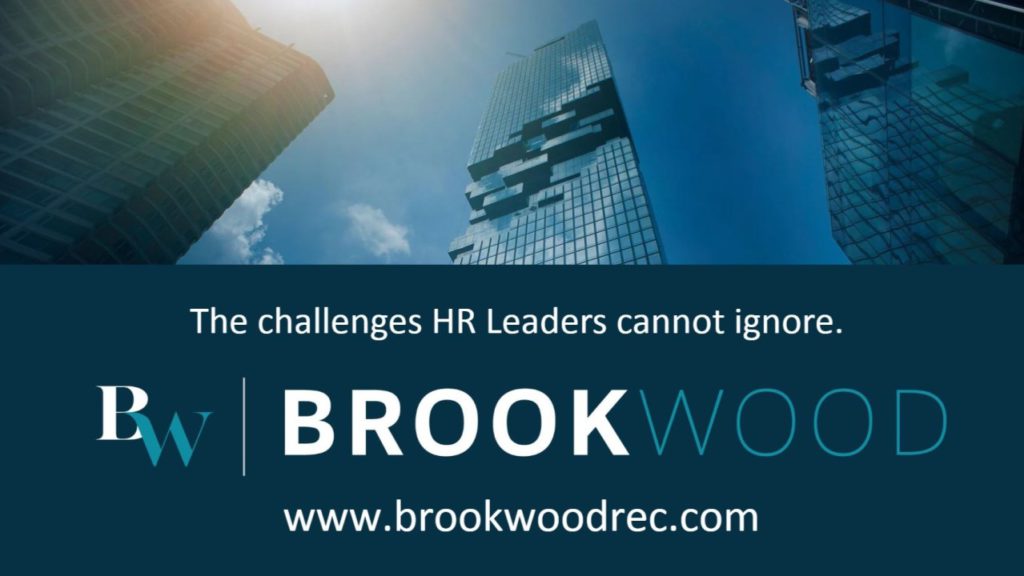As our Manufacturing, Robotics and clean tech clients continue to grow, we’ve taken a deeper dive in to some key challenges we are seeing.
Manufacturing Is Booming But Talent Strategy Is the Bottleneck
From Boston’s advanced robotics labs to New Jersey’s pharma and biotech facilities, and from Pennsylvania’s steel and aerospace hubs to New York’s clean energy expansion the U.S. is leading manufacturing innovation.
Yet, HR leaders in these regions are under unprecedented pressure.
- The U.S. faces nearly 3.8 million new manufacturing jobs by 2033 and nearly half may remain unfilled without targeted interventions.
- On the East Coast, demand is outpacing supply even faster, with Boston, Philadelphia, and Baltimore posting double-digit growth in advanced manufacturing roles in 2025 alone.
- Job postings for skilled trades and automation technicians in New York and New Jersey are up 42% year-over-year, reflecting both a talent gap and a resurgent industry.
Six Challenges HR Leaders Can’t ignore
1. Attracting a Modern Workforce
Manufacturing still fights an “old-fashioned” image. On the East Coast—where young professionals gravitate toward finance, tech, and healthcare. Manufacturing employers must rebrand themselves as hubs of AI, robotics, and clean-tech innovation.
2. Retaining Knowledge as the Workforce Ages
Pennsylvania and upstate New York plants are already seeing retirement waves, threatening critical institutional knowledge. HR leaders need to capture this expertise while accelerating onboarding of younger staff.
3. Upskilling & Reskilling in the Digital Era
Factories in Massachusetts and New Jersey are deploying AI, IoT, and robotics at scale. But workers can’t keep pace without continuous training.
4. Employee Engagement & Well-being
The post-pandemic workforce in New York, Philadelphia, and Baltimore demands more than pay. Flexibility, wellness, and culture are now non-negotiables—even in traditionally rigid manufacturing settings.
5. Diversity, Equity & Inclusion
East Coast cities are diverse—but manufacturing hasn’t always reflected that. To thrive, employers must go beyond compliance and build intentional inclusion strategies.
6. Compliance & Labor Relations
From New Jersey OSHA regulations to union negotiations in Pennsylvania’s steel industry, HR leaders must navigate tight compliance frameworks while maintaining collaborative employee relations.
Why This Matters
- Boston and New York are global innovation centers yet risk losing competitive edge if talent gaps persist.
- Philadelphia and Baltimore anchor critical supply chains for aerospace and defense requiring resilient, future-ready workforces.
- Across the region, manufacturers who fail to adapt HR strategy will fall behind competitors investing in skills, culture, and inclusion.
At Brookwood Recruitment, we see firsthand how HR leaders are no longer just supporting operations they’re shaping the future of the industry as a whole.
Which of these challenges resonate in your plants or offices? How are you tackling the talent, engagement, and compliance pressures shaping our future?
To arrange a discovery meeting to discuss how we are supporting our clients and candidates navigate these challenges please contact the team on info@brookwoodrec.com
#ManufacturingHR #FutureOfWork #EastCoastIndustry #WorkforceDevelopment #HRLeadership

